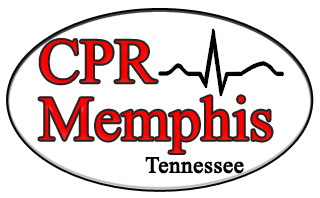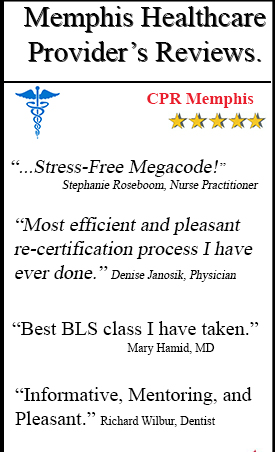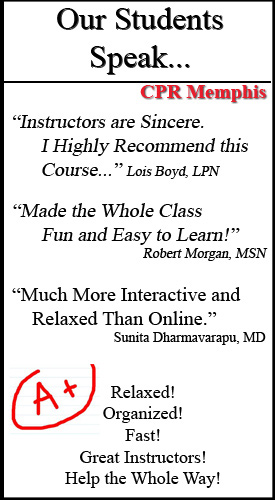Register Now! CPR Classes in Memphis
Congestive heart failure is a progressive disease process in which the heart is no longer able to pump enough blood to meet all of the needs of the body. Chronic heart conditions can cause damage to the heart over time, making it too weak or stiff to pump blood efficiently. This damage to the heart is what causes it to become unable to maintain the needs of the body. Specifically the ventricles, which are the main pumping chambers of the heart, are the parts of the heart that become damaged in congestive heart failure. For example, they may stiffen, making them unable to fill with blood adequately between heart beats. Another potential cause is the weakening of the heart muscles, which causes the ventricles to dilate (stretch out), decreasing their ability to pump effectively.
The disease process of congestive heart failure causes blood to back up, or congest, in areas of the body such as the liver, the lungs, the abdomen, and the lower extremities. This is where the term “congestive heart failure” comes from because blood congests in areas of the body due to heart’s significantly decreased pumping ability. Heart failure may be due to damage to the left side of the heart, the right side, or both. Generally, heart failure begins with the ventricle on the left side, which is the main pumping chamber of the heart. The damage then typically progresses to the right ventricle. Signs and symptoms of heart failure include shortness of breath when you participate in physical activity or lay down, weakness, fatigue, swelling of ankles, legs, and feet, a fast or irregular heartbeat, impaired ability to exercise, persistently coughing up white or pink-tinged phlegm, wheezing, swelling of the abdomen (ascites), sudden weight gain due to fluid retention, decreased appetite and nausea, and problems concentrating.
There are a variety of causes of heart failure, some of which may be present without a person being aware of it. Coronary artery disease, the most common form of heart failure, is also the most common cause of congestive heart failure. The mechanism behind this is the buildup of fatty deposits in the arteries that supply blood to the heart. These fatty deposits make the arteries more narrow, a process called atherosclerosis. These narrowed arteries have much slower blood flow, causing weakening of the heart muscle and chronically depriving some areas of the heart of an oxygen-rich blood supply. In many cases, the blood supply to the heart is the bare minimum needed to keep the muscle alive, but not enough to maintain proper functioning. Heart attack is another cause of congestive heart failure. Fatty deposits in the arteries form plaques, and when these plaques rupture, a heart attack occurs. When this occurs, a blood clot is released that occludes blood flow to an area of the heart, causes its pumping ability to be weakened.
Chronic high blood pressure (hypertension) is another cause of congestive heart failure. Having high blood pressure constantly over a long period of time increases the work the heart must exert to pump blood. The heart muscle often compensates for this by becoming thicker, making it too stiff or weak to efficiently pump blood over time. Damage to the valves, which keep blood flowing in the proper direction through the heart, is another potential cause of heart failure. When the valves are not working properly, this also increases the work load on the heart, which can eventually cause it to fail. Furthermore, damage to the heart muscle (cardiomyopathy) due to infection, alcohol abuse, or illicit drug use such as cocaine, abnormal heart rhythms (arrhythmias), and congenital heart defects may also heart failure.
Heart failure may cause other problems in the body known as complications. Potential complications of heart failure include kidney damage or failure, problems with heart valves, damage to the liver, and heart attack and stroke. Therefore, heart failure is serious and chronic condition that requires the proper medical management to prevent it from progressing to the point that it causes serious damage to the body.
Reference
Mayo Clinic. (2011). Heart failure. Retrieved from http://www.mayoclinic.com/health/heart-failure/DS00061.





